Speaker line-up
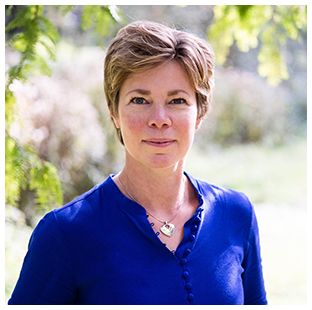
Over the past decade, the lab has focused predominantly on the human pathogens Staphylococcus aureus and Group A Streptococcus as these represent bacterial species of great medical importance; both pathogens have priority status with the World Health Organization for development of new therapeutics and vaccines. In particular, we have studied the role of glycosylated bacterial surface structures and their interaction with innate C-type lectin receptors and (vaccine-induced) antibodies. With this research, research in the van Sorge lab spans the entire spectrum from molecule to organism to patients to identify new (antibody-based) strategies to prevent and combat bacterial infections. Applied techniques include bacterial and host molecular genetics, protein chemistry, glycobiology, immunological models and in vitro and in vivo infection models.
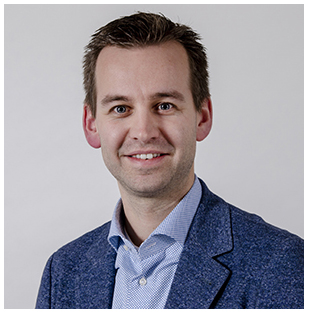
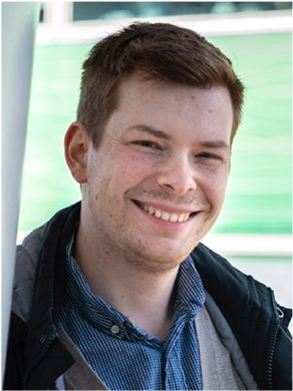
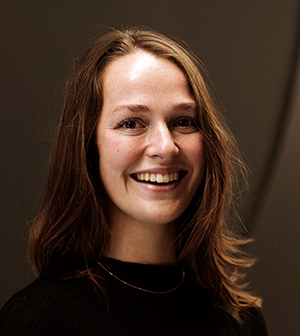
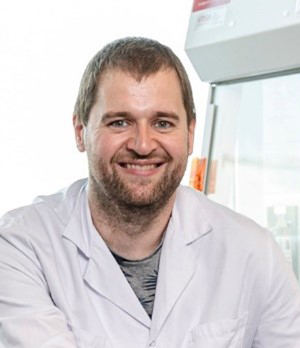
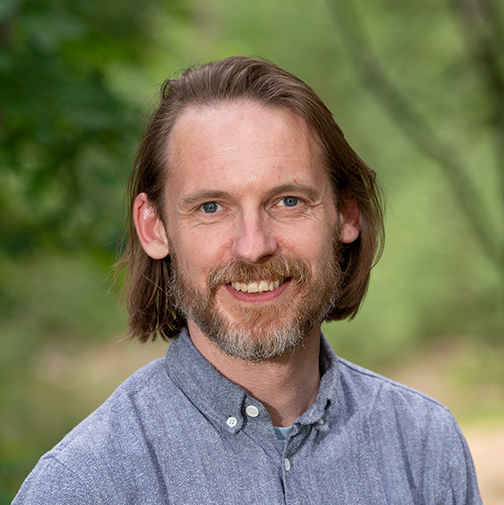
NCOH Science Cafe 2023
 Registration website for NCOH Science Cafe 2023
Registration website for NCOH Science Cafe 2023NCOH Science Cafe 2023erika.vangennip@wur.nl
NCOH Science Cafe 2023erika.vangennip@wur.nlhttps://event.wur.nl/ncoh_sc_2023
2023-11-09
2023-11-09
OfflineEventAttendanceMode
EventScheduled
NCOH Science Cafe 2023NCOH Science Cafe 20230.00EUROnlineOnly2019-01-01T00:00:00Z
Event location: Van Swinderen HuysEvent location: Van Swinderen HuysOude Boteringestaat 19 9712 GC Groningen Netherlands
